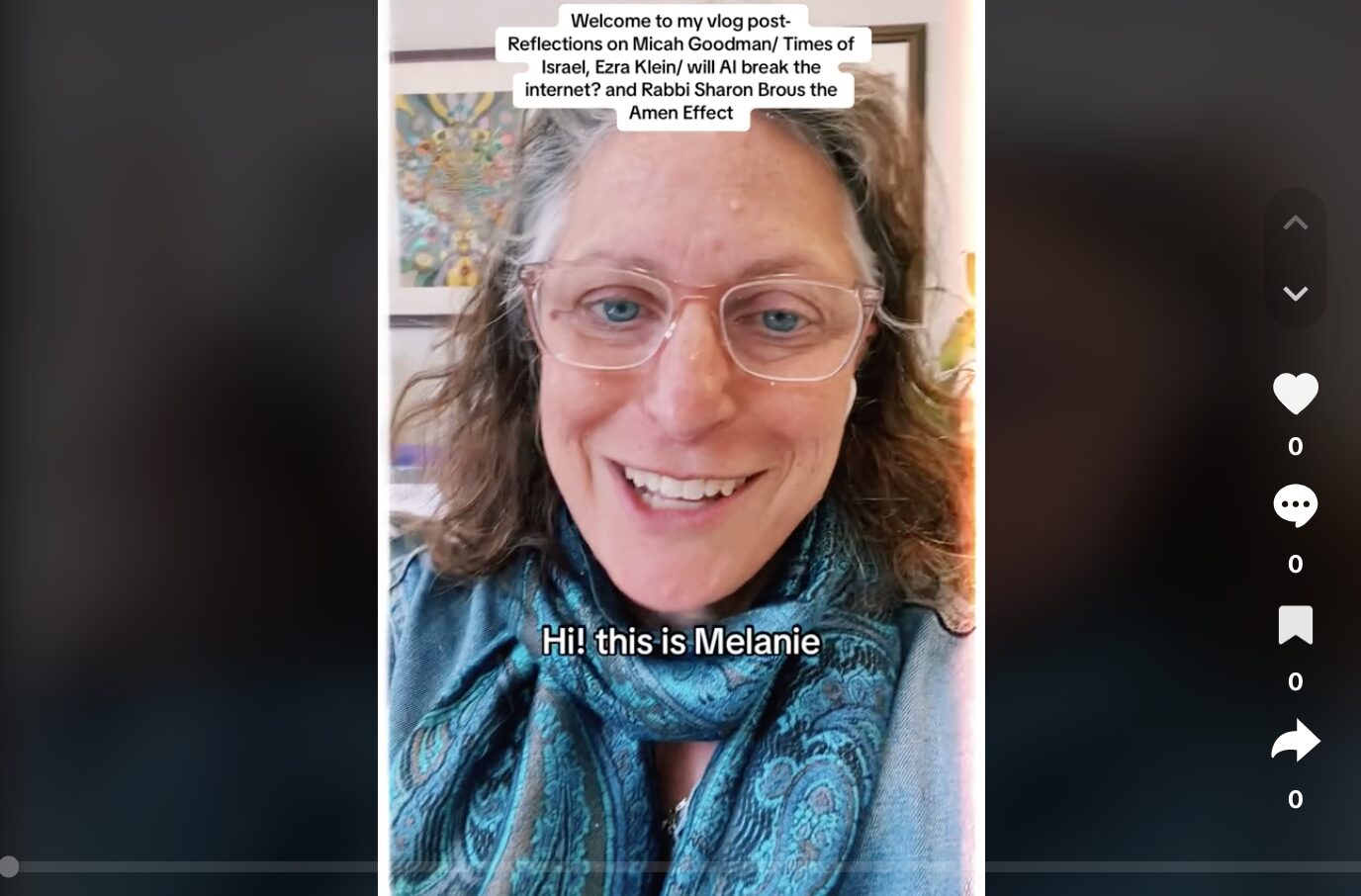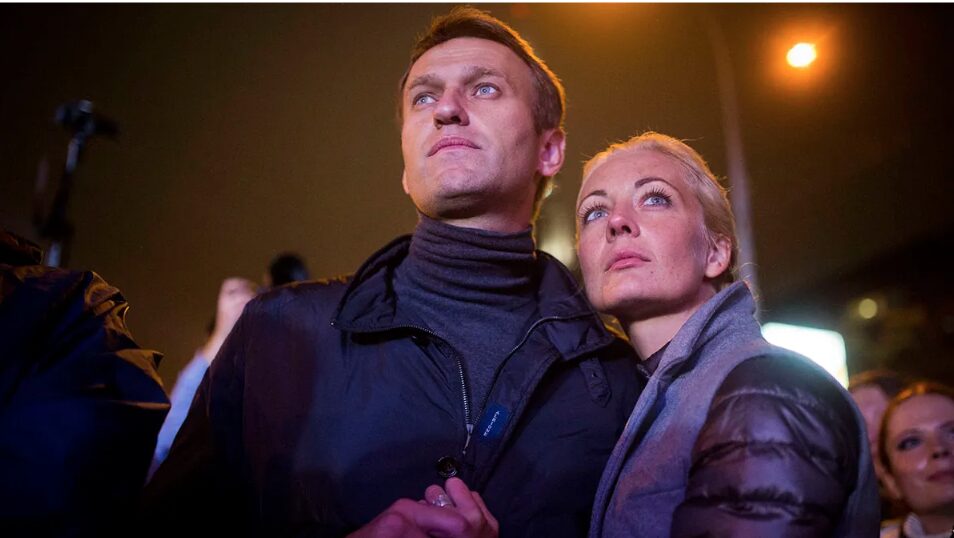I need to apologize in advance. I have not read the book that I am about to comment on—I just glanced at the table of contents. I should not, of course, judge a book by its table of contents—hence the apology. My thought process that led me to this book was as follows:
If there are “5 languages of love” could there also be “5 languages of forgiveness”? The notion of (5) different love languages (how we express or want love to be expressed) was popularized by Gary Chapman and is a classic for understanding what is often misaligned (and unspoken) between people in a relationship. Chapman’s point is that we want to be loved in the (particular) way we want or are used to. Knowing which love language is the preferred one helps guide us on how to give and receive the love we want.
So I put into the search “languages of apology” and sure enough Gary Chapman has co-authored a book entitled “The 5 Languages of Apology.” I expected to find a parallel between the languages of love and apology –but Chapman went off in a different direction for his languages of apology. In this book he outlines a very familiar process of repentance long ago outlined by Jewish tradition. The chapter headings read:
Apology Language #1: Expressing Regret= I am sorry
Apology Language #2: Accepting Responsibility = I was wrong
Apology Language # 3: Making Restitution = What can I do to make it right?
Apology Language #4: Genuinely Repenting = I’ll try not to do that again
Apology Language #5: Requesting Forgiveness = Will you please forgive me?
For Chapman, these languages, as in the love languages, are preferences of what people consider a real apology. The Jewish version of these languages suggests that all 5 are necessary for a full and sincere apology and that these different languages are a sequential process of repentance. Granted one or two may be more important for the person you need to apologize to—the Jewish view addresses what is entailed in a complete process of repenting. To that end Apology Language #4, “I’ll try” would be seen as a weak substitute for “I am committed” to not do that again. From our Kabbalah study Apology Language #4 goes even deeper = “I am no longer the person for whom doing that again would be possible.”
Yesterday I had the privilege of attending the funeral service of Rob Mintz, dear husband of Lisa, a student of ours. I did not know Rob before I entered Temple Emanuel, but his daughter, friends and the Rabbis painted a lasting impression of a man who often needed to apologize and did so in exquisite fashion.
As in the time when Rob was out to dinner with Lisa and he became increasingly annoyed at a young couple seated at the table next to them. They were both on their phones texting incessantly. Rob at first made a comment under his breath but as their behavior continued he voiced his indignation loud enough so that the couple heard him and their response shifted him on ‘his’ dime, buying them drinks as an offer of apology for his criticism. The couple informed him that they were texting their family and friends with good news—they had just become engaged to be married.
Whatever language you may choose, it is the season to ask for and to grant forgiveness. Words, while they may be one (or a few) of the languages of apology must be reflected in action and in the following change: “I am no longer the person for whom doing that would be possible.”










1 Comment
Peggy Brody · August 15, 2013 at 1:59 pm
“I am no longer the person…” Oh, that it would be possible to change that quickly, to believe it, to say it and to do it….To me those words sound almost empty as I, for one, probably would be unable to live up to them immediately. I would hope at least I would be aware and could make the change in time. What sayest thou? Peggy